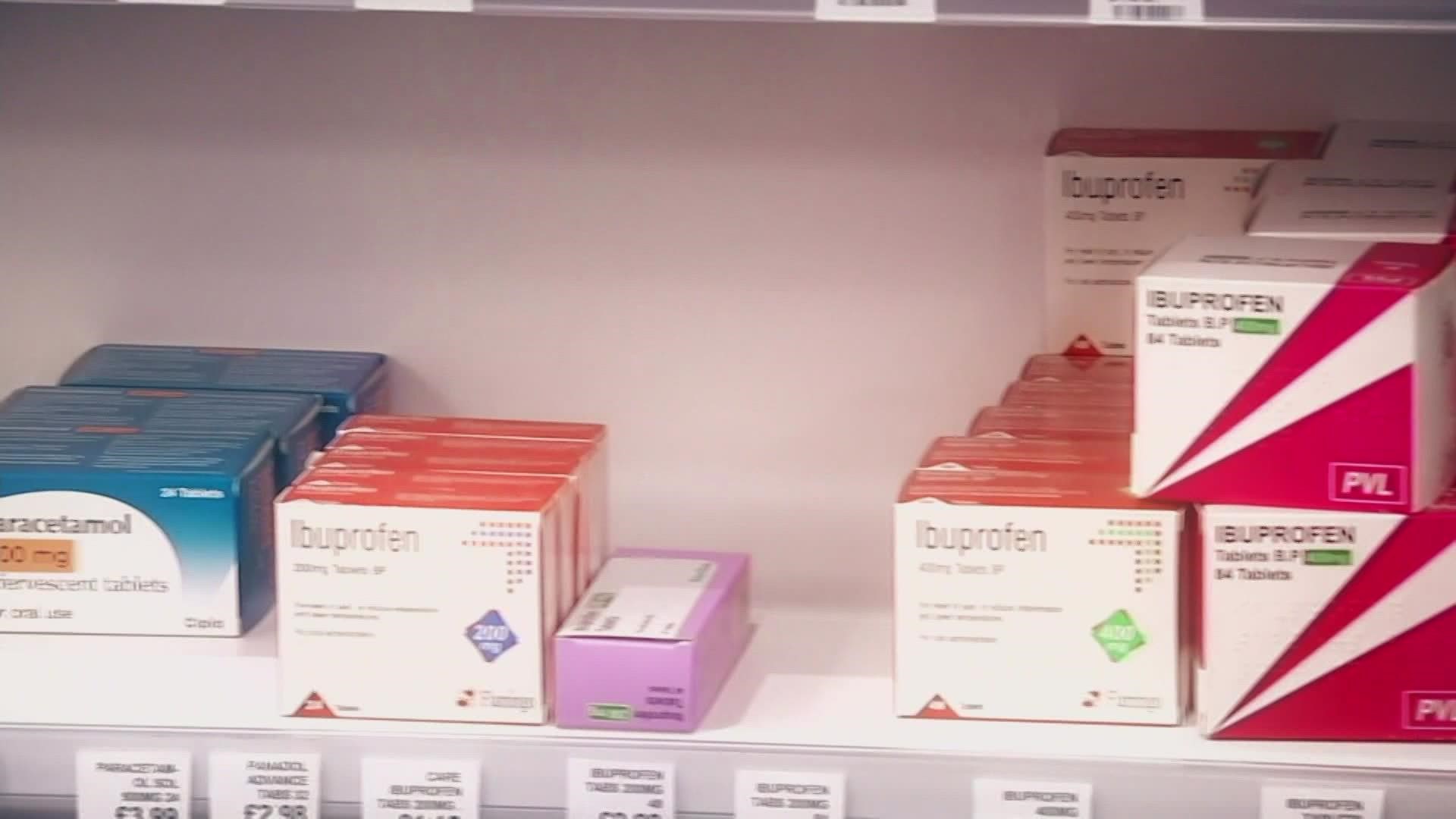SEATTLE — Parents across the country are still facing empty shelves as they search for the medications they need to treat their sick children as the flu, respiratory syncytial virus (RSV) and COVID-19 continue to spread.
There was a 65% rise in sales of pediatric pain and fever-reducing medication last month compared to 2021.
Many pharmacies including Walgreens and CVS announced they were limiting the number of children's medications people can buy.
Some doctors said that's a good thing.
"Please only buy what you need," said Dr. Elizabeth Meade, director of pediatric quality at Swedish Medical. "There are other families who really need those medications."
Meade said parents of children with epilepsy or a history of bacterial infections for example should take greater care to have medications in the home, but for most parents, a fever under 104 degrees needs to run its course.
"The care for kids for most viruses like RSV and COVID is largely supportive," Meade said.
Medications like Tamiflu are facing shortages. Meade said the medicine can shorten the duration of the illness but does not cure the illness.
So what do you do if your child is uncomfortable and you can't find the right medications?
"We actually find that honey works better than over-the-counter cold and cough medication for young children," Meade said, who suggested adding a teaspoon or two of honey into your child's drink to soothe a sore throat or cough. Honey should only be given to children over the age of one, Meade said.
A lukewarm bath, compress, or steam is also suggested to add comfort but parents should stay away from anything cold or freezing as they can be dangerous for children.
Meade said adult medications can be used for older children or a child who weighs enough, but parents should consult a pharmacist about reducing dosage for little ones.
In terms of the fever itself, Meade said it's not dangerous for children.
"Unfortunately, there is not much we can do to bring the fever down," Meade said. "But making sure that kids are coping with the side effects of the fever, which can be things like dehydration or not feeling like eating or drinking as much. Those are things that will help our children feel better in general."

